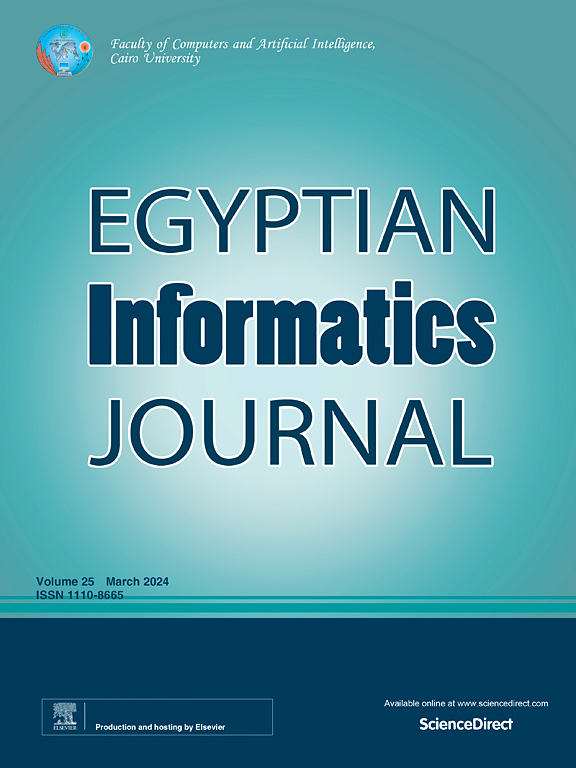A federated supply chain finance risk control method based on personalized differential privacy
IF 4.3
3区 计算机科学
Q1 COMPUTER SCIENCE, ARTIFICIAL INTELLIGENCE
引用次数: 0
Abstract
With the rapid development of supply chain finance, effectively managing risks while safeguarding participant data privacy has become a critical area of research. However, existing traditional risk control models predominantly rely on centralized data processing, which leads to the phenomenon of ”data silos,” hindering the flow and sharing of information. Furthermore, the significant privacy risks associated with centralized processing restrict collaboration among financial institutions, exacerbating the challenges of risk management. In this context, this study proposes a federated risk control method for supply chain finance based on personalized differential privacy optimization. This approach introduces a personalized differential privacy mechanism, enabling different institutions to collaboratively optimize model parameters without directly exchanging sensitive data. This methodology not only effectively safeguards data privacy but also enhances the overall performance of risk control, facilitating multi-party collaboration. Experimental results indicate that, compared to traditional centralized risk control models and other privacy protection methods, the proposed solution demonstrates favorable outcomes in terms of predictive accuracy and model performance while adhering to data privacy protection requirements. This research lays a theoretical foundation for the future development of safer and more efficient cross-institutional risk control systems and provides new insights and technical support for innovative risk management in the field of supply chain finance.
基于个性化差分隐私的联邦供应链金融风险控制方法
随着供应链金融的快速发展,在保障参与者数据隐私的同时有效管理风险已成为一个重要的研究领域。然而,现有的传统风控模型主要依赖于集中的数据处理,导致了“数据孤岛”现象,阻碍了信息的流动和共享。此外,与集中处理相关的重大隐私风险限制了金融机构之间的协作,加剧了风险管理的挑战。在此背景下,本文提出了一种基于个性化差分隐私优化的供应链金融联邦风险控制方法。这种方法引入了个性化的差异隐私机制,使不同的机构能够在不直接交换敏感数据的情况下协作优化模型参数。该方法既有效保护了数据隐私,又提高了整体风控绩效,便于多方协作。实验结果表明,与传统的集中式风控模型和其他隐私保护方法相比,该方案在满足数据隐私保护要求的前提下,在预测精度和模型性能方面均取得了较好的效果。本研究为未来发展更安全、更高效的跨机构风险控制系统奠定了理论基础,为供应链金融领域的创新风险管理提供了新的见解和技术支撑。
本文章由计算机程序翻译,如有差异,请以英文原文为准。
求助全文
约1分钟内获得全文
求助全文
来源期刊

Egyptian Informatics Journal
Decision Sciences-Management Science and Operations Research
CiteScore
11.10
自引率
1.90%
发文量
59
审稿时长
110 days
期刊介绍:
The Egyptian Informatics Journal is published by the Faculty of Computers and Artificial Intelligence, Cairo University. This Journal provides a forum for the state-of-the-art research and development in the fields of computing, including computer sciences, information technologies, information systems, operations research and decision support. Innovative and not-previously-published work in subjects covered by the Journal is encouraged to be submitted, whether from academic, research or commercial sources.
 求助内容:
求助内容: 应助结果提醒方式:
应助结果提醒方式:


